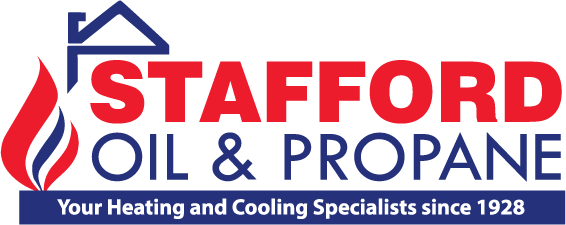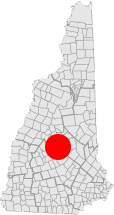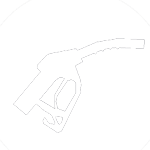Carbon Monoxide Safety
March 10, 2021
Your safety is the utmost importance to us. That’s why, as your full-service home comfort provider, we believe that the best way to keep you and our other customers safe is by sharing any and all information that could help.
So, without further ado, here are a few things we believe you should know about carbon monoxide in order to protect yourself and your family.
First of all, what exactly is Carbon Monoxide (CO)?
CO is a dangerous gas that’s produced when any fuel burns. High levels of CO can come from appliances that are not operating correctly, or from a venting system or chimney that becomes blocked. High levels of CO can also lead to CO poisoning, causing you to feel dizzy or sick, and can also be fatal.
Symptoms of CO Poisoning Include:
· Headache
· Dizziness
· Fatigue
· Shortness of Breath
· Nausea
If You Suspect CO to be Present…
If you or a family member shows physical symptoms of CO poisoning, or you suspect the presence of CO, get everyone out of the building and call 911 or your local dire department.
Help Reduce the Risk of CO Poisoning by Following These Tips:
· Have a Stafford Oil & Propane service technician check your propane appliances and related venting systems annually, preferably before the heating season begins
· Install UL-listed CO detectors on every level of your home
· Never use a gas oven or range-top burners to provide space heating
· Never use portable heating indoors unless they are designed and approved for indoor use
· Never use a barbecue grill (propane or charcoal) indoors for cooking or heating
· Regularly check your appliance exhaust vents for blockage
Signs of Improper Heating Oil Appliance Operation That Can Generate High CO Levels:
· Sooting, especially on appliances and vents
· Unfamiliar or burning odor
· Increased moisture inside of windows
Be Safe, Not Sorry!
If at any moment you suspect high levels of CO, don’t hesitate to call your local fire department or 911! They don’t care if you’re right or wrong, just that you and your family are safe. We hope that this information helps you have a safe and wonderful fall and winter! And don’t forget to call or contact us online for all of your home fueling, heating and cooling needs.













